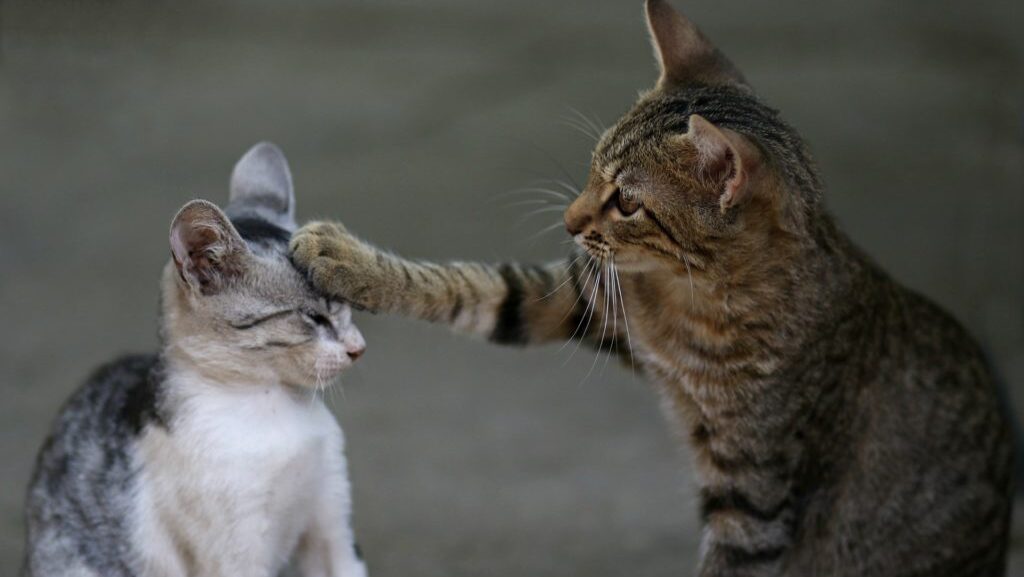Romantic relationships offer a unique opportunity for our personal growth, although they typically bring some degree of disturbances and challenges. Our interpersonal relations showcase the chronic issues that each individual brings with them as the complexities of their personal life experiences spill over into the relationship.
The tendency to blame each other only results in each person feeling invalidated and therefore upset. When this happens we pull back from the sense of loving oneness that we once felt and begin to see each other as separate individuals. We differentiate issues as his problem or her issue. What began as a loving, connected union begins to dissipate into conflict and the sense of oneness withers into separation.
When we see our partner’s insecurities, defensiveness and challenges as separate and distinct from our own, we become tricked by the illusion of separation. Their issues become our issues. The problems may be different, but they are not separate. Picture a drop of ink as it drips into a beaker of water. The ink disperses throughout and it’s trail becomes indistinct and diffuse. The same thing happens in relationships. Each person’s fears, challenges and unresolved issues become interspersed with their partner’s problems and trigger further reactivity, exacerbating the couple’s problems.
Interested in bespoke marriage and relationship counseling from Mel Schwartz? Reach out!
I often hear one person claim, “I have no issues but my spouse certainly does.“ How silly! If you believe the other person has challenges—as we all do—they are sure to affect you, which means you have a problem as well. Trying to compartmentalize yourself as separate from the other person is naive and unachievable.
Picture yourself on a seesaw with your partner. You’re up in the air and of course they must be on the ground. You are inextricably connected, each of you affecting the other. If you need to win, then they must lose. How do you think that’s going to work out? If we move past the transactional attitude that sets up a win-lose, you—versus—me stance into the perspective of one team, we can shift to a win—win, mind—set. You then shift into a participatory relationship.This perspective reveals that you both participate in your reality-making process.
If you find yourself in an adversarial situation with your partner, ask yourself, “Are they intending to hurt or devalue me?” If you feel hurt ask them if that was their intention. If it wasn’t their intention, then you might look at why you’re personalizing their words or actions. This is not to suggest that you surrender and accept unhealthy behavior. You might say something like. “I just feel unimportant to you when you ignore how I feel or tell me my feelings are wrong. I feel hurt. Do you care how I feel?
If you’re thinking the worst about the other person and go on the attack, you’ll trigger their worst reaction and you’ll both be sliding into an ugly place. You can choose to try to connect with empathy or to engage in conflict. Choose your path and you’ll get the corresponding result. Each person’s challenges provide an opportunity for the other’s growth. It’s your choice as to how to handle it.
This was excerpted from Mel’s new book, The Possibility Principle: How Quantum Physics Can Improve the Way You Think,Live and Love.




